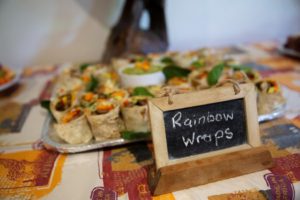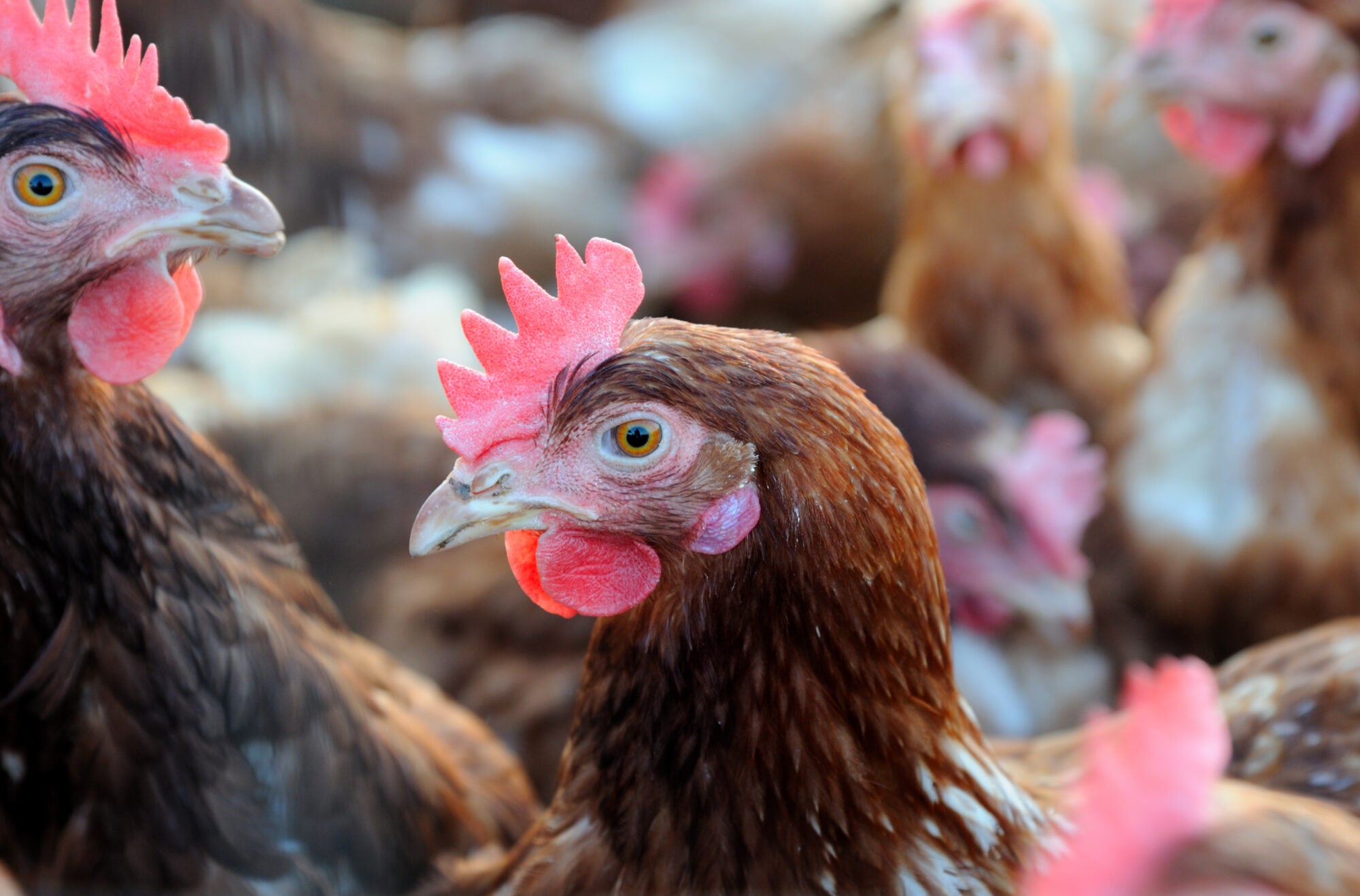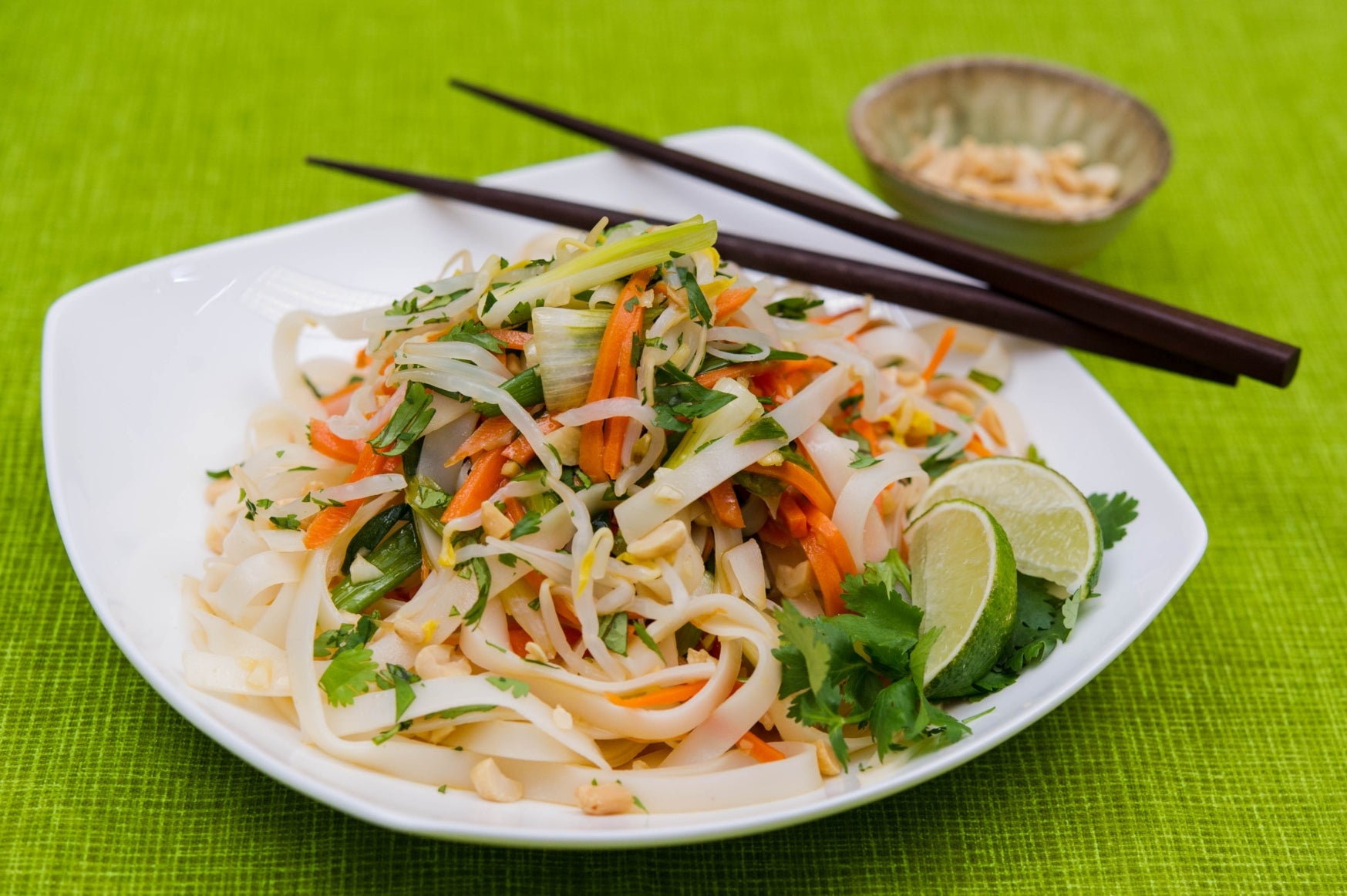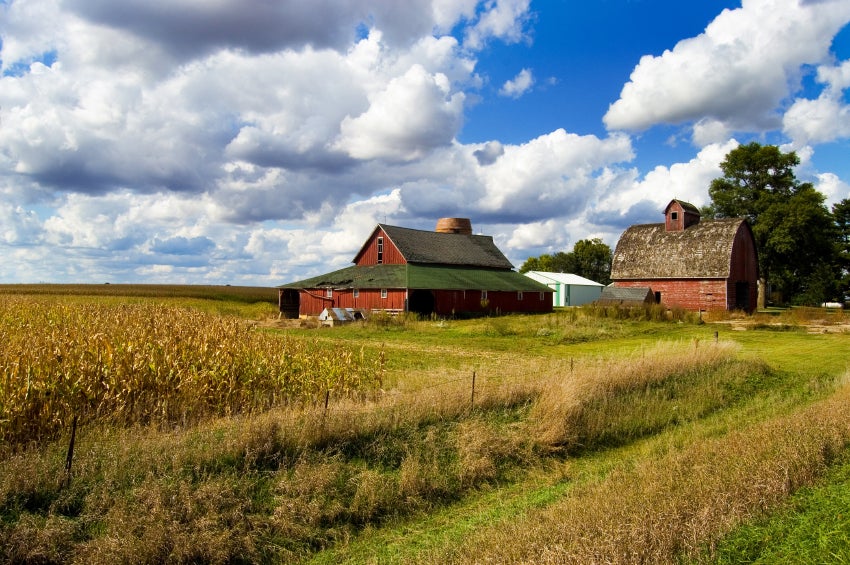
JOHANNESBURG—FOUR PAWS South Africa and LIONSROCK Big Cat Sanctuary have teamed up with Humane Society International/Africa to join the global movement towards more plant-based, sustainable food by launching a meat-free Monday campaign alongside the opening of the sanctuary’s new restaurant.
The restaurant will offer 100% meat-free meals (of which 80% will be vegan) every Monday, and a selection of these plant-based dishes will be available on a daily basis. The new earth-friendly menu will launch on World Animal Day, 4 October 2019, to raise awareness of the destructive impact large-scale animal agriculture has on the planet and our wildlife, such as deforestation, drought, pollution and climate change.
The restaurant’s decision to introduce more plant-based options was inspired by HSI/Africa’s Green Monday SA meat-reduction initiative, encouraging South Africans to eat plant-based at least one day every week to improve their health, reduce their carbon footprint and make a positive difference to the lives of farm animals. HSI/Africa provided plant-based culinary training to LIONSROCK Big Cat Sanctuary’s chefs to help develop the new green menus.
Leozette Roode, media and outreach manager for HSI/Africa, said: “Many South Africans are aware of the negative impacts of a meat-based diet on their health and the planet, but most have not considered the implications of their food-choices on our wildlife. Animal agriculture is a leading cause of habit destruction and wildlife extinction, so reducing our meat consumption and eating more plant-based meals is something everyone can do every day to help the planet. Reducing or replacing meat allows us to farm more sustainably, reduce our carbon and water footprints, and help save animals – including farm animals, aquatic species and wildlife. By joining HSI/Africa’s Green Monday SA campaign and serving 100% meat-free meals, FOUR PAWS and LIONSROCK Big Cat Sanctuary are spreading the vital message that we can stand up for animals every time we sit down to eat.”
LIONSROCK Big Cat Sanctuary in Bethlehem was established by the animal welfare organization FOUR PAWS South Africa in 2006. Fiona Miles, director of FOUR PAWS, said: “We are committed to joining the Green Monday SA movement and reducing meat consumption at LIONSROCK Big Cat Sanctuary – giving our guests the opportunity to help even more animals. We are extremely excited to add plant-based dishes to our menu that are not only tasty, but healthy and sustainable too.”
Animal agriculture is one of the leading contributors to climate change and deforestation which impacts the survival of wildlife globally. With more than 1 billion land animals reared and slaughtered in South Africa for the food industry every year, industrial scale animal agriculture impacts our wildlife in detrimental ways.
Four ways in which a meat-based diet kills wildlife:
- Raising livestock and growing the crops used to feed farm animals require vast amounts of arable land. Often wildlife-rich areas (such as the Amazon rainforest, that homes over 3 million species of plants and animals) are destroyed to create space for monocrops like soy and maize. This deforestation leads to habitat loss and destruction of wildlife species.
- Greenhouse gases like carbon dioxide, methane and nitrous oxide are released during meat, egg and milk production. In South Africa, animal agriculture accounts for 60% of total agricultural carbon dioxide. These gases increase the chances for severe weather events like droughts and fires. Many wildlife species are suffering due to a lack of water in the extreme droughts South Africa has faced over the past couple of years.
- Animal agriculture pollutes our water when animal manure, leftover animal feed and chemicals used to grow crops are flushed into our water systems. In some areas, this causes eutrophication in our water – an increased production of algae and phytoplankton that leads to algal blooms. These blooms produce deadly toxins that kill fish, marine mammals and seabirds and harm humans and wildlife.
- To protect their livestock from being hunted by big cats and other carnivores, farmers often implementcruel lethal predator control methods using traps and poison. Many predators are also shot or trapped and killed when approaching livestock farms.
We can all stand up for animals every time we sit down to eat by reducing the number of animal products we eat.
For more information about Green Monday SA and the programs implemented in South Africa, visit greenmondayza.org.
ENDS
MEDIA CONTACTS:
Humane Society International/Africa: Leozette Roode, media and outreach manager, 0713601104, lroode@hsi.org
FOUR PAWS South Africa: MJ Lourens, head of communications, 082 922 9046, mj.lourens@four-paws.org






